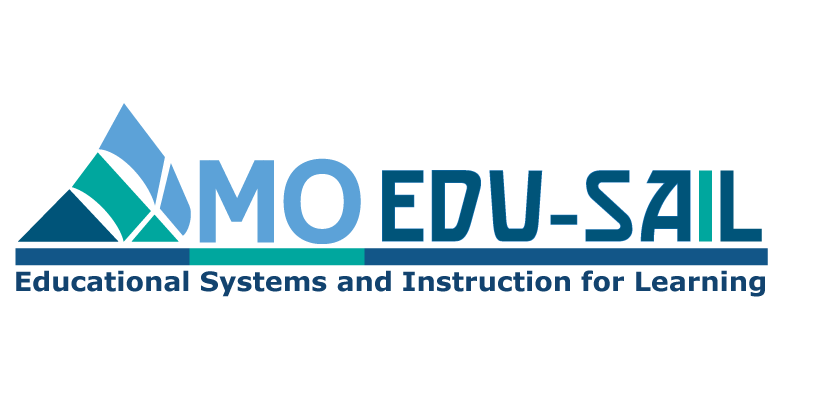UNPACKING ESSENTIAL FUNCTION 1: COACHING RELATIONSHIPS
Building Trust
“Without trust there can be no coaching.”
Echeverria & Olalla, 1993
Trust is a obvious component of any coaching relationship. Read the article How Can a Coach Gain a Teacher’s Trust? by Elena Aguilar (Aguilar, 2013) and consider how the preparatory steps of empathy and setting intentions factor into building a trusting relationship.
List some ideas you have for building trust in a coaching relationship before clicking the button below.
Examples of Coaching that Builds and Maintains Relationships
- Coaches use language that infers the person being coached is knowledgeable and will be an active participant in the process.
- “We are meeting today to…. What do you think we should focus on during our work today?”
- “Here is what I see as our purpose for today’s conversation, what are your thoughts?”
- “When we talked during last week’s meeting, you said you wanted me to look at a common formative assessment that you developed.”
- Coaches build and maintain rapport, collegiality, and confidentiality with the person being coached.
- Language used is non-confrontational and friendly
- Coach uses warm and open body language
- Coach talks about both work related and non-work related topics
Reflection
What role does understanding differences make when building a coaching relationship?
How can empathy and setting intentions set the stage for a strong coaching relationship?
Why is gaining trust essential in building a coaching relationship?

